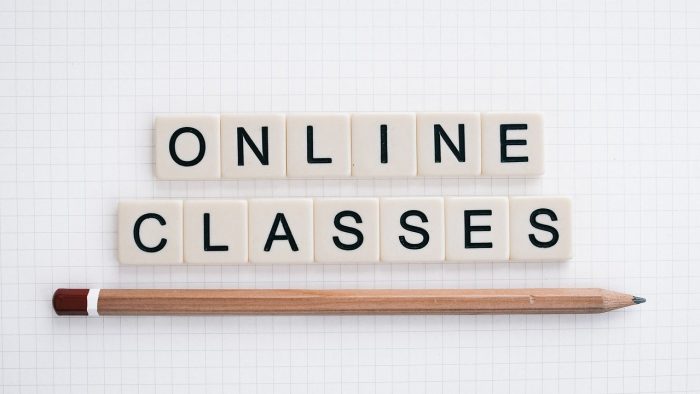From the Center for Connected Health Policy 11-18-25 Newsletter:
Last week, after agreeing to a deal to end the federal government shutdown, Congress passed a continuing resolution that would reopen the government, at least through January 30, 2026. Within the continuing resolution package was an extension of the Medicare telehealth waivers, which had previously expired on October 1, 2025 (NOTE: The package contained several divisions, however the link provided in this newsletter only goes to the section containing the telehealth items). In the passed legislation, the telehealth waivers that had expired will now be extended through January 30, 2026.
| TELEHEALTH WAIVER |
NEW EXPIRATION DATE |
| Waiving the location requirements (geographic and type of site) |
January 30, 2026 |
| Expanded list of eligible telehealth providers |
January 30, 2026 |
| Allowing federally qualified health centers (FQHCs) and rural health clinics (RHCs) to be eligible telehealth providers |
January 30, 2026 |
| Delaying the prior in-person visit for mental health when certain permanent telehealth policy requirements are not met |
January 30, 2026 |
| Delaying the prior in-person visit for mental health provided via telecommunications technology for FQHCs and RHCs |
January 30, 2026 |
| Allowing of audio-only for telehealth services |
January 30, 2026 |
| Extending the use of telehealth to conduct a face-to-face encounter for recertification of eligibility for hospice care |
January 30, 2026 |
| Extending the Acute Hospital Care at Home Initiative |
January 30, 2026 |
In drafting the extension, Congress struck out the previous date in federal law of “September 30, 2025” (when the waivers previously ended) and placed the new expiration date of “January 30, 2026.” The extension of the waivers will be retroactive to September 30, 2025. Therefore, if a telehealth interaction took place starting October 1 through to the end of the shutdown, but was not eligible for coverage/payment under permanent telehealth policy, it would now be eligible under federal law.
What does this mean in light of the final rule for the 2026 Physician Fee Schedule (PFS)?
In the final rule for the 2026 PFS, the Centers for Medicare and Medicaid Services (CMS) aligned their policies on the prior in-person visit for mental health when an FQHC/RHC uses telecommunications technology with what Congress had put in place for other provider types (i.e. psychologists, counselors, etc.) delivering mental health services via telehealth when certain requirements (i.e., patient location) under permanent telehealth policy were not met. Prior to this continuing resolution being passed, CMS required that FQHCs and RHCs must meet the prior in-person visit requirements for all mental health visits that took place via telecommunications technology starting October 1, 2025. Due to the funding bill extensions, this requirement will no longer need to be met as the waiver’s expiration date is now January 30, 2026, with the in-person requirements now becoming effective on or after January 31, 2026. Even though CMS changed the federal regulations to reflect the need to have a prior in-person visit for mental health visits provided via telecommunications technology by an FQHC or RHC starting October 1, 2025, federal statute would take precedence over regulations. You can read more about the final rules for the 2026 PFS in CCHP’s fact sheet.
As for the effect this continuing resolution will have on other items in the 2026 PFS final rule, very little will change. CMS could not make changes to the telehealth policies in federal law as Congressional action would be required to do so, thus the 2026 PFS telehealth policies centered on issues that were not covered by the telehealth waivers. Readers may wonder about the policies regarding FQHCs and RHCs providing non-mental health services via telecommunications technology. With this new waiver expiration date of January 30, 2026, it simply means that those non-mental health services provided via telecommunications technology by an FQHC or RHC will again technically be regarded as “telehealth visits” and not “non-mental health services provided via telecommunications technology.” The reimbursement rate will not change nor how the entities bill for services since even during the shutdown, FQHCs and RHCs were instructed to continue to bill non-mental health services provided by telecommunications technology with G2025 and they were being paid the same rate they would have received had the service been labeled a “telehealth” service.
What’s Next?
It is important to highlight that this latest action has only extended the telehealth waivers an additional two and a half months, which is the same extension period as the funding for the federal government. This will mean that talks and negotiations will need to happen again in December and January and another bill will need to be passed if we are to avoid another shut down and expiration period.
Additionally, in early November, CMS announced that it would return all telehealth claims submitted between October 1 and November 10, 2025, that were not identified as definitively qualifying as mental health (as those were the primary telehealth services still covered during the waiver lapse period). Now that the waivers have been reinstated — and applied retroactively — providers may wish to resubmit any claims that were returned during that period, as well as submit all telehealth claims that may have been previously held.
These updates, as well as a full review of current State and Federal telehealth policies and practices, will be presented at the next RCPA Telehealth Work Group meeting on Tuesday, November 25, 2025, at 10:00 am. Register for the meeting here.
If you have any questions, please contact RCPA COO Jim Sharp.

















